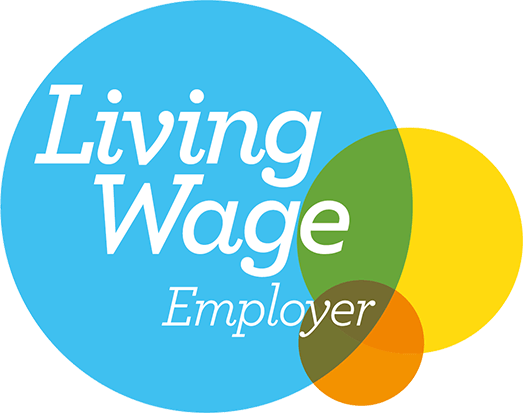News
Onshore wind approval to become a breeze?
25 March 2022
The Prime Minister looks to onshore wind as a step towards making the UK more “energy independent”

Ahead of the launch of the UK Government’s energy strategy next week, it appears that Boris Johnson’s cabinet is split over plans to relax planning regulations around the construction of new onshore wind farms.
The redesigned energy strategy will set out the Government’s plans to produce more energy in the UK, with the ambition of reducing its reliance on foreign energy. Kwasi Kwarteng, the UK Business Secretary, is said to be in favour of pushing the inclusion of onshore wind in the UK’s energy mix and is already looking at next steps for its advancement, this week stating:
“The Prime Minister has been very clear that onshore wind has got to be part of the mix and we’ve got to look at planning.”
However, in 2015, local authorities were given more power to block the construction of new onshore wind farms, stifling Britain’s renewable energy potential in this area. So why this renewed focus on relaxing regulations now?
- Cost of living crisis
Wednesday’s Spring Statement highlighted the issue of the rising cost of living, and specifically energy prices. Rishi Sunak showed he was keen to be seen to make changes to tackle this, one step being the introduction of an Energy Bills Rebate – giving millions of households a discount of up to £350 on their energy bills spread over the next five years.
Britain’s wind projects have the potential to lower electricity costs and deliver energy more cheaply than gas generators. According to new analysis from the Energy and Climate Intelligence Unit, over the 18 months to April 2023 wind farms are expected to pay back at least £660 million into energy markets.
2. Decreased reliance on Russia
Rishi Sunak’s speech yesterday also highlighted the cost of sanctions on Russia, which are also expected to have a significant impact on the cost of living. To decrease reliance on Russian gas and oil, the Government wants to focus on new ways of producing sustainable energy domestically. Kwasi Kwarteng believes that becoming more energy independent will help to account for global uncertainties:
“The circumstances today with Putin, Russia, Saudi Arabia, all of those things mean that we’ve got to have more energy independence and I think onshore renewables are absolutely part of that.”
Scotland provides a great example of a country taking significant steps to produce more if its own energy. Onshore wind was the source of about 70% of Scotland’s electricity in 2002.
Onshore wind could also be a great help towards England producing more of its own energy. With 89% of local authorities estimated to have ‘suitable space’ in their neighbourhood plans for these ideas to be implemented, it could be argued that steps to ease the approval of wind farms are steps in the right direction.






